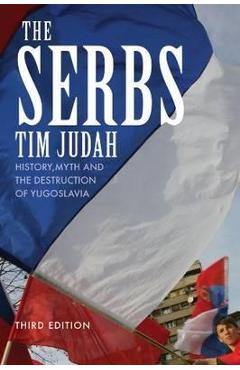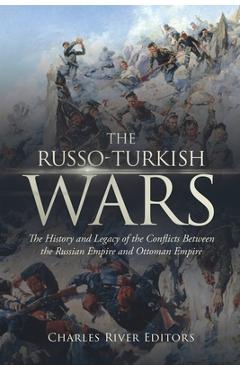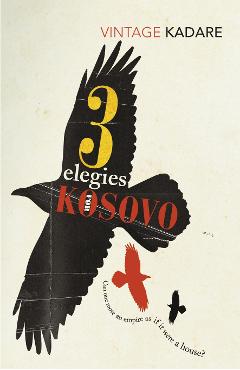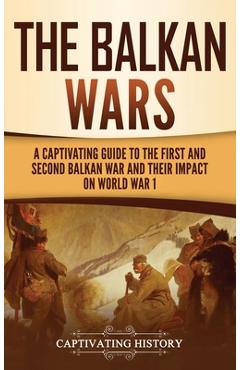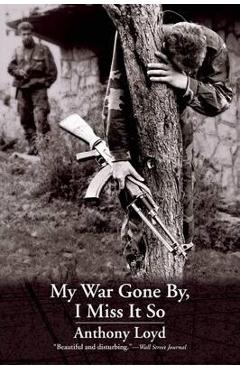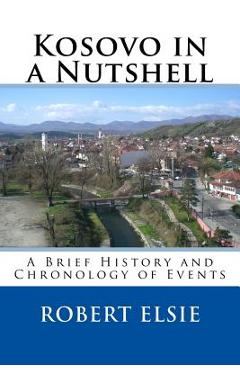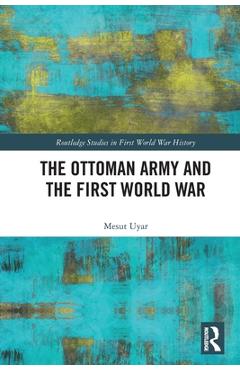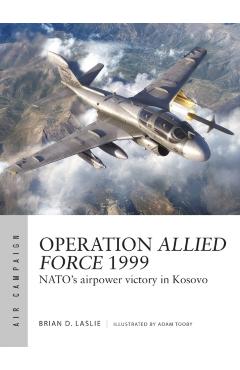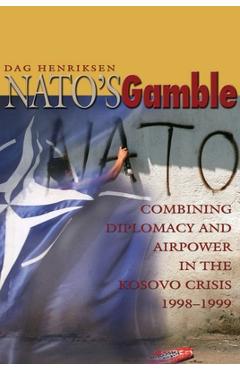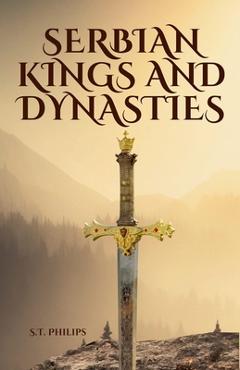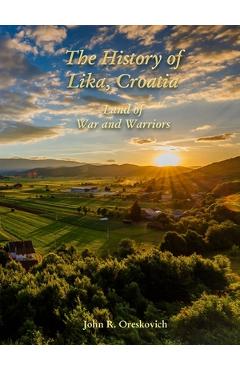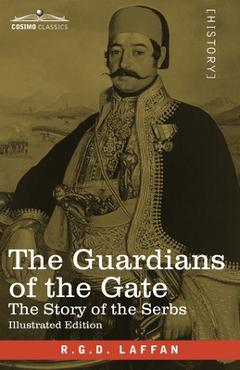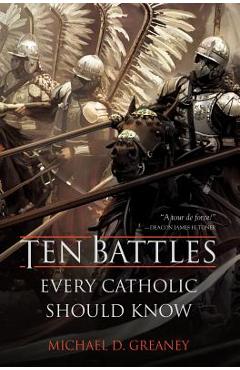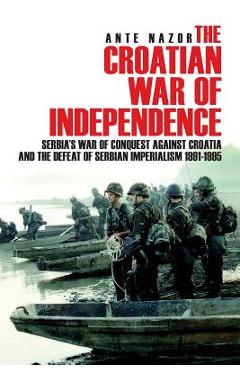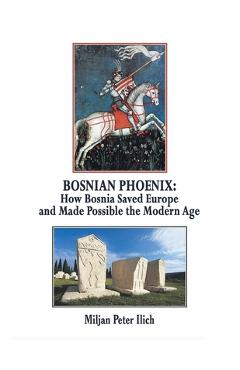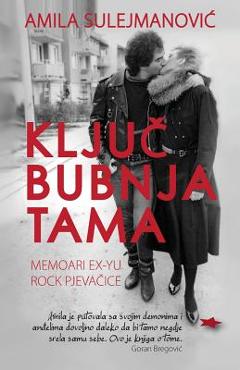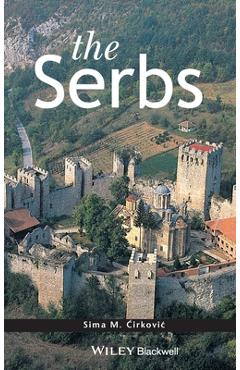The Battle of Kosovo: The History and Legacy of the Battle Between the Serbs and Ottomans that Forged Serbia's National Identity
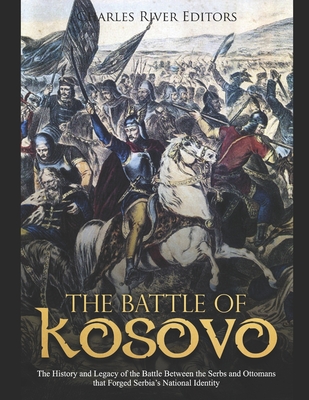
The Battle of Kosovo: The History and Legacy of the Battle Between the Serbs and Ottomans that Forged Serbia's National Identity
*Includes a bibliography for further reading
The Balkan area has historically been one of the world's most combustible regions. Home to several national groups and at a crossroads of Europe, Asia, and the Middle East, the Balkans have exerted an outsized role on world affairs. Infamously, the 1914 assassination of Austrian Archduke Franz Ferdinand by a Serb nationalist, Gavrilo Princip, was the final straw that led to World War I.
The Balkans, however, had been flammable long before Princip's bullets murdered the Austrian monarch-in-waiting. A number of countries had attempted to expand their borders within the Balkan region, and many of these had been supported by larger continental powers, such as Russia, Britain, France, Austria, Germany, and Italy. The main cause of this instability was the decline of empire in the Balkans, where the Ottoman Empire had held sway over the southeast section of the Balkans since the 15th century and the Austrian Habsburgs were dominant in the northwest of the region. The wake of World War I would produce Yugoslavia, a multiethnic nation made up of Serbs, Croats, Bosnians, Slovenes, Macedonians, and Montenegrins. In addition to the nationalities that would be part of Yugoslavia, the Balkans was home to a number of other identities, ethnicities, and traditions, including the Greeks, Bulgarians, Romanians, Albanians, and Turks.
Yugoslavia eventually fractured as a result of the different ethnic groups all harboring their own sense of nationality and culture, and one of the most dominant groups at the center of the infighting was the Serbs. Notions of a Serb-nation focused on the 1389 Battle of Kosovo, on the "Field of Blackbirds," where the Ottomans had defeated a Serb army but nevertheless gave Serbia a sense of identity in a hostile region. Kosovo also became an integral part of any notion of a Serb state, and as a predominantly Christian Orthodox people, Serbia also gained fraternal support from co-religionists, most notably Russia. The jostling between the Russians, Austrians, and Serbians in the wake of Franz Ferdinand's assassination would bring about what was then history's deadliest conflict.
Given how tightly the Serbs have historically been clinging to the Battle of Kosovo, which was fought on June 28, 1389 on the Kosovo plain in southern Serbia against the fledgling Ottoman Empire, it's somewhat surprising what actually happened there. There can be no doubt that it is regarded as
PRP: 86.34 Lei
Acesta este Pretul Recomandat de Producator. Pretul de vanzare al produsului este afisat mai jos.
77.71Lei
77.71Lei
86.34 LeiLivrare in 2-4 saptamani
Descrierea produsului
*Includes a bibliography for further reading
The Balkan area has historically been one of the world's most combustible regions. Home to several national groups and at a crossroads of Europe, Asia, and the Middle East, the Balkans have exerted an outsized role on world affairs. Infamously, the 1914 assassination of Austrian Archduke Franz Ferdinand by a Serb nationalist, Gavrilo Princip, was the final straw that led to World War I.
The Balkans, however, had been flammable long before Princip's bullets murdered the Austrian monarch-in-waiting. A number of countries had attempted to expand their borders within the Balkan region, and many of these had been supported by larger continental powers, such as Russia, Britain, France, Austria, Germany, and Italy. The main cause of this instability was the decline of empire in the Balkans, where the Ottoman Empire had held sway over the southeast section of the Balkans since the 15th century and the Austrian Habsburgs were dominant in the northwest of the region. The wake of World War I would produce Yugoslavia, a multiethnic nation made up of Serbs, Croats, Bosnians, Slovenes, Macedonians, and Montenegrins. In addition to the nationalities that would be part of Yugoslavia, the Balkans was home to a number of other identities, ethnicities, and traditions, including the Greeks, Bulgarians, Romanians, Albanians, and Turks.
Yugoslavia eventually fractured as a result of the different ethnic groups all harboring their own sense of nationality and culture, and one of the most dominant groups at the center of the infighting was the Serbs. Notions of a Serb-nation focused on the 1389 Battle of Kosovo, on the "Field of Blackbirds," where the Ottomans had defeated a Serb army but nevertheless gave Serbia a sense of identity in a hostile region. Kosovo also became an integral part of any notion of a Serb state, and as a predominantly Christian Orthodox people, Serbia also gained fraternal support from co-religionists, most notably Russia. The jostling between the Russians, Austrians, and Serbians in the wake of Franz Ferdinand's assassination would bring about what was then history's deadliest conflict.
Given how tightly the Serbs have historically been clinging to the Battle of Kosovo, which was fought on June 28, 1389 on the Kosovo plain in southern Serbia against the fledgling Ottoman Empire, it's somewhat surprising what actually happened there. There can be no doubt that it is regarded as
Detaliile produsului









